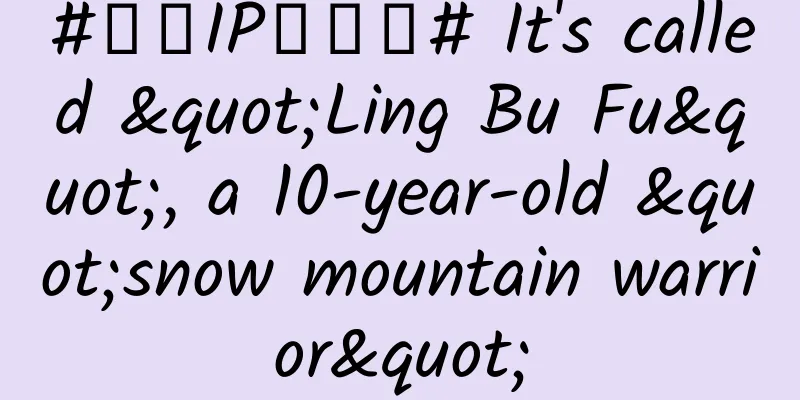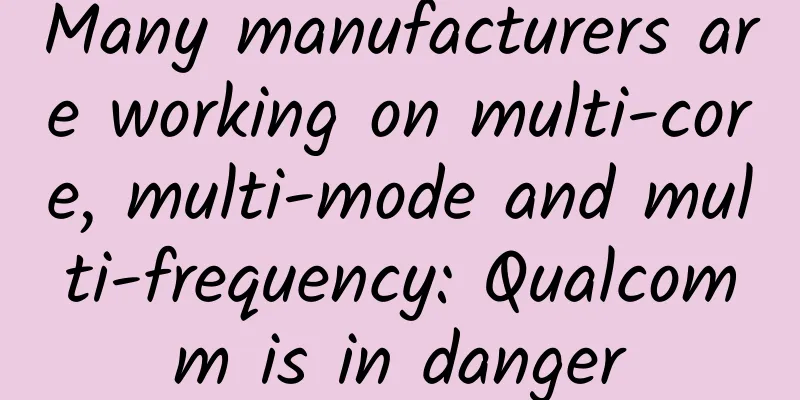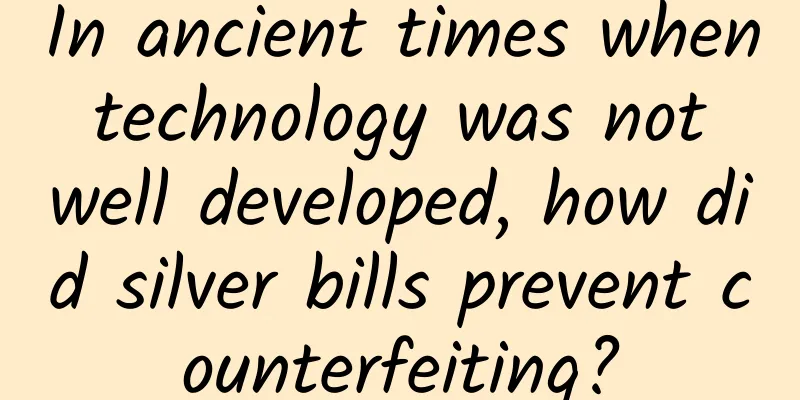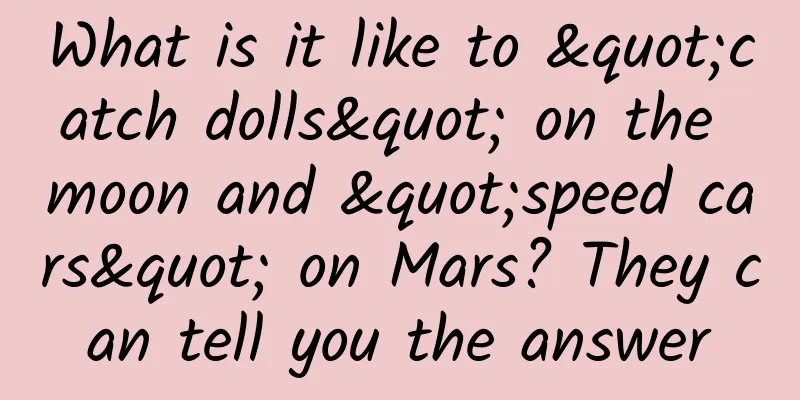Is it self-deception or is it your brain deceiving you? The truth about lies
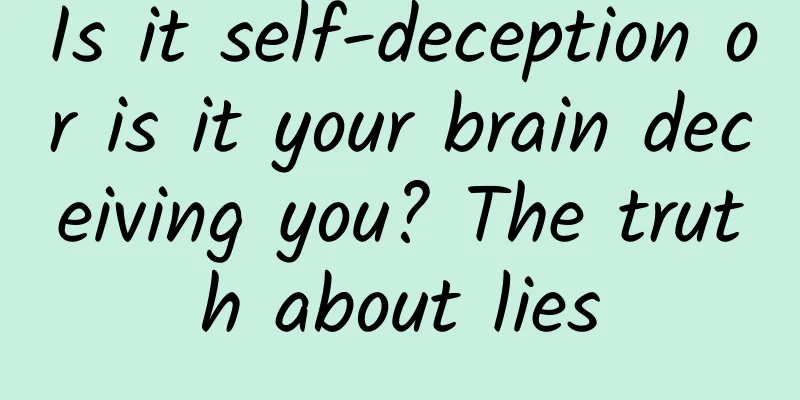
|
© Jan Buchczik Leviathan Press: In absolute terms, we all self-deceive to some degree. The key difference is in degree: higher levels tend to indicate poor mental health. In 2016, researchers found that people with alcohol and drug addiction had higher levels of self-deception, including active denial (e.g., “I can quit anytime”) and selective amnesia (e.g., “I wasn’t drunk last night”). (pubmed.ncbi.nlm.nih.gov/26820418/) Another study found that 60% of people lied at least once in a 10-minute conversation, and many lied multiple times. It may be very common to distort reality and self in your mind. In other words, a considerable proportion of people find it difficult to be 100% honest with others. In fact, being dishonest with others is equivalent to lying to yourself, because maybe the fact is too hurtful and you don’t want to face it. Accuracy in perceiving the world is actually a common feature of depression, sometimes called "depressive realism." (www.sciencedaily.com/releases/2002/06/020611070813.htm) (pubmed.ncbi.nlm.nih.gov/17366313/) Life is full of harsh realities. You can imagine a situation where you say bad things about someone behind their back after they leave. Deep down, he knows this is happening because he would have probably done the same thing if the roles were reversed, but he has to ignore these perceptions in order to go on with his day. Lying and deception are common in politics. Machiavelli argued in the 16th century that sometimes a leader must behave like a “great pretender and deceiver.” It’s easy to dismiss such politicians as inherently cynical. Their lies seem to be a Machiavellian move for power and control. And no doubt, they often are. But cognitive science suggests something even more disturbing might be possible: You can actually believe the lies you tell.** Insights into the nature of memory suggest that your perception of the truth can become distorted over time. Lies can feel like the truth, and so to you, they are. You are no longer deceiving others. Instead, your brain is deceiving you. © SciTechDaily In the 1970s, psychologist Elizabeth Loftus began a series of experiments that upended conventional wisdom about memory. Previously, memory was thought to work like a tape recorder: Information was permanently stored in the brain and could be retrieved at any time. Loftus suspected that this was not how memory worked at all. She believes that memories may be more plastic than people think, and more easily modified and distorted. In one of her earlier studies [3], Loftus and her collaborators showed participants a series of images of car accidents involving stop signs. Afterwards, some participants were asked whether a yield sign was involved (even though no yield sign was actually shown). In a subsequent memory test, participants were asked whether they saw a stop sign or a yield sign. In a control group that was not misleadingly asked about the yield sign, 75% of participants correctly remembered seeing the stop sign. In the other group that was misleadingly asked about the yield sign, only 41% correctly remembered seeing the stop sign, while the rest falsely said they remembered seeing the yield sign. The interviewer influenced and even changed the participants’ actual memories. Loftus has confirmed this effect in dozens of studies, and has shown that she can implant memories of completely fictitious events in people’s minds.[4] © Lily Padula/NPR By the 1990s, researchers began asking a different question. Loftus’s experiments had shown that false information provided by others could alter memories of events. But what if the misinformation came from one’s own experience? An early experiment designed to test this possibility was designed by psychologists Maria Zaragoza and Jennifer Ackil.[5] They showed nearly 300 participants, ranging in age from elementary school to college, a film clip of two brothers having an adventure at summer camp. They divided the participants into two groups and asked them questions about events that occurred in the clip and about events that the psychologists had made up that did not occur. The first group was told that they didn't have to answer questions about the fictitious event if they didn't want to, and most chose not to answer. The second group was told that they had to answer all the questions, which forced them to make up details about the fictitious event. A week later, all participants were tested on which details appeared in the video and which did not. The first group passed the test with flying colors. The second group, however, was forced to make up stories about events they had never seen, and ended up misremembering their fictitious details as real. Bad turn: Quin Chrobak, a cognitive psychologist who studies memory distortions, says Americans' drift away from facts and truth over the past six years has led to a surge of interest among psychologists in how to correct false beliefs. The evidence is growing, but the solutions are not easy. © Northallertonman / Shutterstock In the early 2000s, two other researchers published a study on the effects of lying on memory.[6] Psychology professor Kerri True showed a group of undergraduate students a carefully choreographed robbery video. Some of the students were asked to make up a description of the robber. A week later, all the students were asked to answer questions about what they had seen in the video. Trew found that the fabricated information eroded memory in two different ways. “ Those who lied about their description of the character later forgot more [actual] details about the character, ” Trew told me. These students were more likely to falsely remember that the details they had made up were those that appeared in the video. It was as if the lie solidified the false details in their memory at the expense of the true details. You are no longer deceiving others. Instead, your brain is deceiving you. Psychologist Danielle Polage, a former student of Elizabeth Loftus, developed a test that attempted to measure the effectiveness of lying, rather than simply making up a lie.[7] She recruited a group of students and had them complete a questionnaire that asked them to rank the probability of experiencing certain life events as children, such as whether they had ever been hospitalized or lost in a mall. Two weeks later, the students were given a list of seven life events they said had happened and one event that had not happened. They were asked to tell the interviewer convincing details about all of the events, including the one they had not experienced. A week later, the students were asked to fill out the questionnaire again. For most students, lying about an event strengthened their memory, letting them know that the event never happened. But for quite a few, fabricating the event made them really believe that the event did happen to them. Pollacki actually implanted a completely false memory in their memory. She published two other studies on the effects of lying on memory in 2012 and 2017, again finding that fabricating childhood events that never happened could lead to the formation of false memories [8][9]. © The Swaddle In 2008, Zaragoza and cognitive psychologist Quin Chrobak asked another group of undergraduates to watch a video clip of two brothers at summer camp.[10] This time, some participants were asked to invent a fictitious event that did not occur in the video. A week later, the participants received a yes-or-no questionnaire testing their memory for the events that occurred in the video, and eight weeks later, they were asked to summarize the content of the video. After a week, some of the fabricators had begun to believe that the events they had made up actually happened. When the students were asked to describe the videos in week eight, the fabricators incorporated their invented events into their descriptions more than 60 percent of the time. Even students who believed their fabricated events were fictitious during the week made this mistake eight weeks later. Surprisingly, their lies became more genuine over time. At the beginning, the participants knew clearly that they had made up an event. “But when you test their memory later, you find that the error rate is over 50 percent,” Krobak told me. --- Although these studies used different methods, they all found that fabrication and lying had very consistent effects on memory. One major explanation has to do with how the brain categorizes memories. In 1993, three psychologists proposed a paradigm for understanding how the brain keeps track of the origin of memories. In fact, they argued, the brain doesn’t keep track of the origin of memories at all.[11] "People do not typically directly retrieve an abstract label that specifies the source of a memory," the authors write. Instead, the brain unconsciously evaluates cues in a memory to determine whether the memory was internally generated (e.g., a lie) or externally generated (e.g., a real experience). In externally generated memories, the brain considers whether the information came from a trustworthy source or from a specific person rather than others. In short, our brains consider the overall characteristics of a memory through unconscious processes to determine its likely origin and validity. The authors argue that these unconscious processes ultimately influence how we develop and express our knowledge and beliefs, and how we interact with the world. © Gifer What cues does the brain use to make these unconscious judgments? “When you’re trying to figure out where a memory came from, you consider several factors,” Pollach says of unconscious processes in the brain. “First there’s perception , ‘Did I actually hear someone talking to me?’ Then there’s context , ‘I should remember where it happened. I should remember who was there.’ Then there’s emotion , ‘I remember walking in and being the only person who wasn’t dressed up; I remember feeling really awkward.’” If a memory contains this rich information, the brain is more likely to determine that it corresponds to a real event. Pollack is giving anthropomorphic qualities to unconscious processes. Ultimately, what enters consciousness is the subsequent perception of the memory’s source. If our brains simply added a label to each memory specifying its source and filed them together, memories might be less prone to error. But that doesn't seem to be the case. Because we don't understand these cognitive processes for the most part, they can be prone to error—especially if we accidentally dress up lies with the very properties of the brain that detect truth and falsehood. We can disrupt these circuits without even realizing it. © Gabriel Alcala If you tell a lie, the source-monitoring framework should recognize the lie as a lie when you later remember it. This is not a conscious process; we do not selectively remember or ignore that something we said was not true. We are able to remember that a lie is a lie because the structure and characteristics of the memory are evaluated at a subconscious level. A lie may lack perceptual and contextual details because you made it up rather than actually experienced it. Your brain notices this. The cognitive processes involved are also different because research shows that making up a lie is more demanding than telling the truth. Your brain notices this, too. Its experience of this process is simply that you correctly remember that you were lying when you told your mother in high school that you were staying over at John's instead of Susie's. Lies that solidify false memories at the expense of real details. But we can sabotage this process by lying in certain ways. Trew explained to me: “When you make up a lot of details, you’re more likely to have a source error, and the more believable the detail, the more likely you are to confuse its source.” In other words, the more you embellish a lie and the more believable it seems, the more likely you are to fool yourself into believing it actually happened. If you make up a sequence of events that night at John’s house in high school so that you can better fool your mother, you are more likely to remember that lie as the truth in the future. Krobak points out that if a lie or fiction provides an explanation for something, it is more likely to be confused with the truth. “People are cause-and-effect monsters,” he told me. “We like to know why things happen.” If we don’t have an explanation for something, we “like to fill in the blanks.” Krobak said the human need to fill in these gaps may also be related to our beliefs about ourselves. After being charged with 13 criminal counts, Santos told reporters that he believed he was innocent. "I will not resign," he said. "I will fight against political persecution." If people believe they are being persecuted, then their lies may have greater meaning to themselves - it will become evidence of their innocence. © Forbes Another important factor contributing to this effect is repetition. "If I lie to multiple people, I'm rehearsing the lie," Trew explains. And rehearsing a lie seems to reinforce the lie itself. "The more you say the same thing over and over again, the more you actively imagine it, and the more detailed and vivid it becomes," Krobak says. This further exploits the brain's tendency to confuse details with truthfulness. Furthermore, Pollach explained, “the more times you access a memory, the more likely it is to be altered.” If someone is lying, then “each time they access a false memory, they are adding additional details to it that strengthen it, and they are more confident that the false memory that they are constructing is actually true.” But "you rehearse not only what you repeat, but also what you don't repeat," Treu said. When you lie, you're not rehearsing the true details, either. "If you don't access the memory, the details in the memory fade away. You're strengthening the false memory and weakening the true memory." I proposed to Trew that, because memories are essentially reconstructed or reconstructed each time we recall them, fabrications might use similar neural pathways. If the brain used the same circuits for both, it might be easier to confuse the two. “I think that’s a good way to put it,” Trew said. Some research suggests that the neural circuits involved in imagining an event are also used to remember it.[12] “That’s what memory is supposed to do,” Pollach said, but “we screw it up with lies.” “We give false memories the characteristics of real memories, so we blur the lines.” I asked Krobak whether people in positions of power and authority believe their own lies. “Yes, absolutely,” he said. “It’s a concern for psychologists. People need to talk about this and why this happens. It’s really relevant to our democracy to figure out why a portion of the American people believe lies that are clearly false, either their own or those of politicians. It’s really, really important. ”This is not a lie. References: [1]www.nytimes.com/2022/12/19/nyregion/george-santos-ny-republicans.html [2]www.cnbc.com/2022/12/27/ny-rep-elect-santos-admits-lying-about-career-college.html [3]psycnet.apa.org/record/1978-26704-001 [4]journals.healio.com/doi/10.3928/0048-5713-19951201-07 [5]pubmed.ncbi.nlm.nih.gov/9823517/ [6]www.tandfonline.com/doi/abs/10.1080/09658210244000072 [7]onlinelibrary.wiley.com/doi/abs/10.1002/acp.995 [8]pubmed.ncbi.nlm.nih.gov/22266224/ [9]www.ncbi.nlm.nih.gov/pmc/articles/PMC5763454/ [10]link.springer.com/article/10.3758/pbr.15.6.1190 [11]pubmed.ncbi.nlm.nih.gov/8346328/ [12]nautil.us/the-neural-similarities-between-remembering-and-imagining-237458/ By Clayton Dalton Translation/Yuba and Thin Bamboo Proofreading/tim Original article/nautil.us/the-george-santos-syndrome-362810/ This article is based on the Creative Commons License (BY-NC) and is published by Yuzhu and Shouzhu on Leviathan The article only reflects the author's views and does not necessarily represent the position of Leviathan |
>>: Can you believe that a house can be built with bacteria and fungi?
Recommend
Three core logics of fission activities
As the Internet traffic dividend reaches its peak...
Weilai delivers more than 10,000 cars this year. He Xiaopeng is willing to admit defeat: ES8 purchase money will arrive soon
Yesterday, NIO just announced that the delivery v...
Wuchuan SEO Training: These methods may lead to excessive website SEO optimization, are you still using them?
Are there still many people using excessive websi...
Build a trustworthy, fair and open HMS ecosystem to bring high-quality applications and services to global consumers
In one year, the number of registered HMS (Huawei...
Changsha SEO consulting service consultation and promotion!
Jimifeng Network provides you with Changsha SEO c...
From Pechoin to Momo, is soft advertising better or hard advertising?
From Pechoin to Momo, with the same budget and th...
Wuchang SEO training: How to improve the weight of the website
SEO is not an immediate success, but a long proce...
A guide to co-branding marketing!
A short and fat yellow body, a flat mouth, and ha...
After viewing more than 100,000 information flow ads, I summarized these 4 optimization directions!
After reading this article, you will get the foll...
It looks beautiful but is actually dangerous. How was the name of the new coronavirus created?
Delta has not yet left, and a new variant of the ...
There are actually “counterfeit goods” in the nut gift package?
Audit expert: Wang Guoyi Postdoctoral fellow in N...
How to improve the clarity of Tik Tok short videos? How to adjust the clarity of short videos?
When we are browsing short videos , we will find ...
Evaluation of the effectiveness of Xiaohongshu advertising!
What do you think about whether Xiaohongshu adver...
Interesting story | What is the relationship between Cao Cao’s migraine and stroke?
Cao Cao was a famous politician, military strateg...
iOS apps are banned from being "free" and Apple did not explain why
Now, if the word "free" appears in the n...




